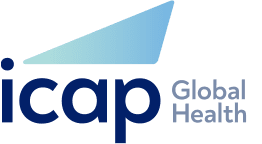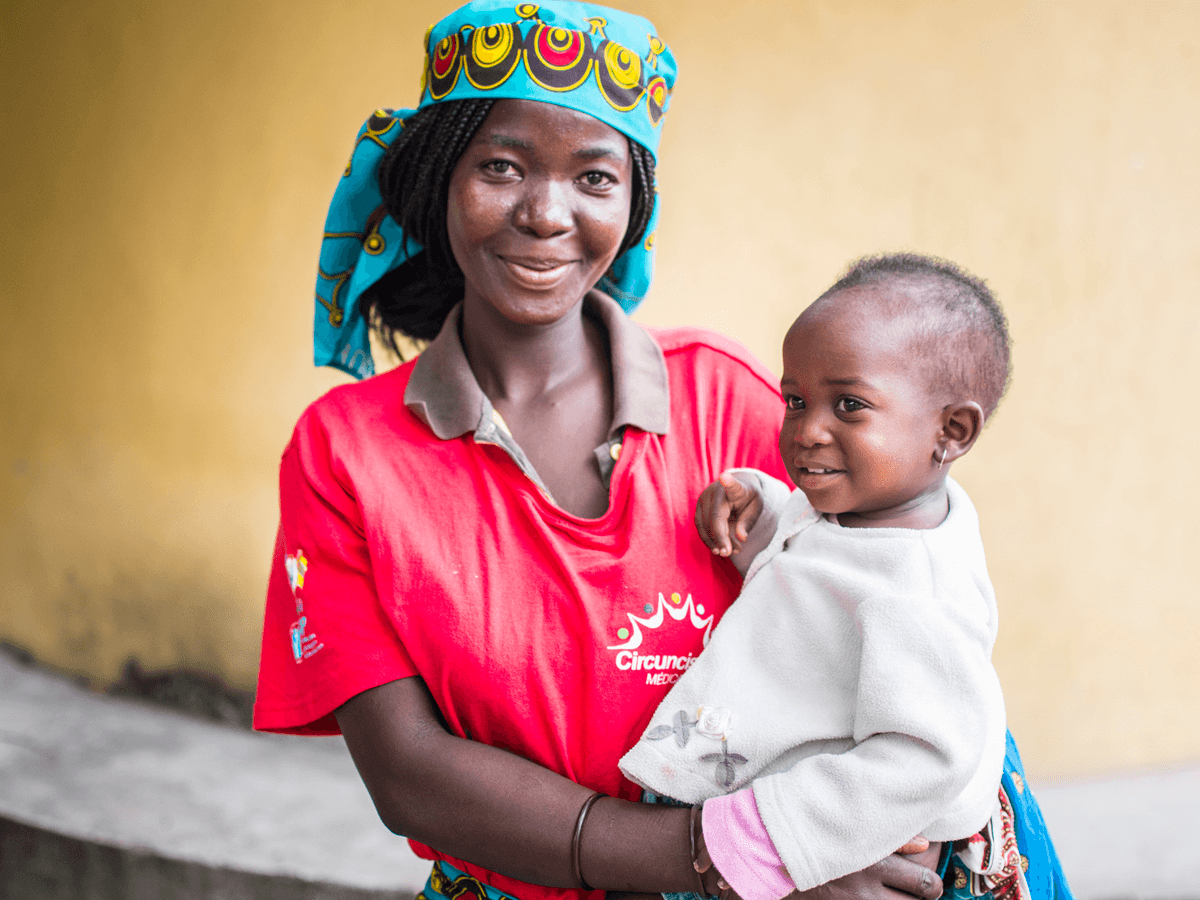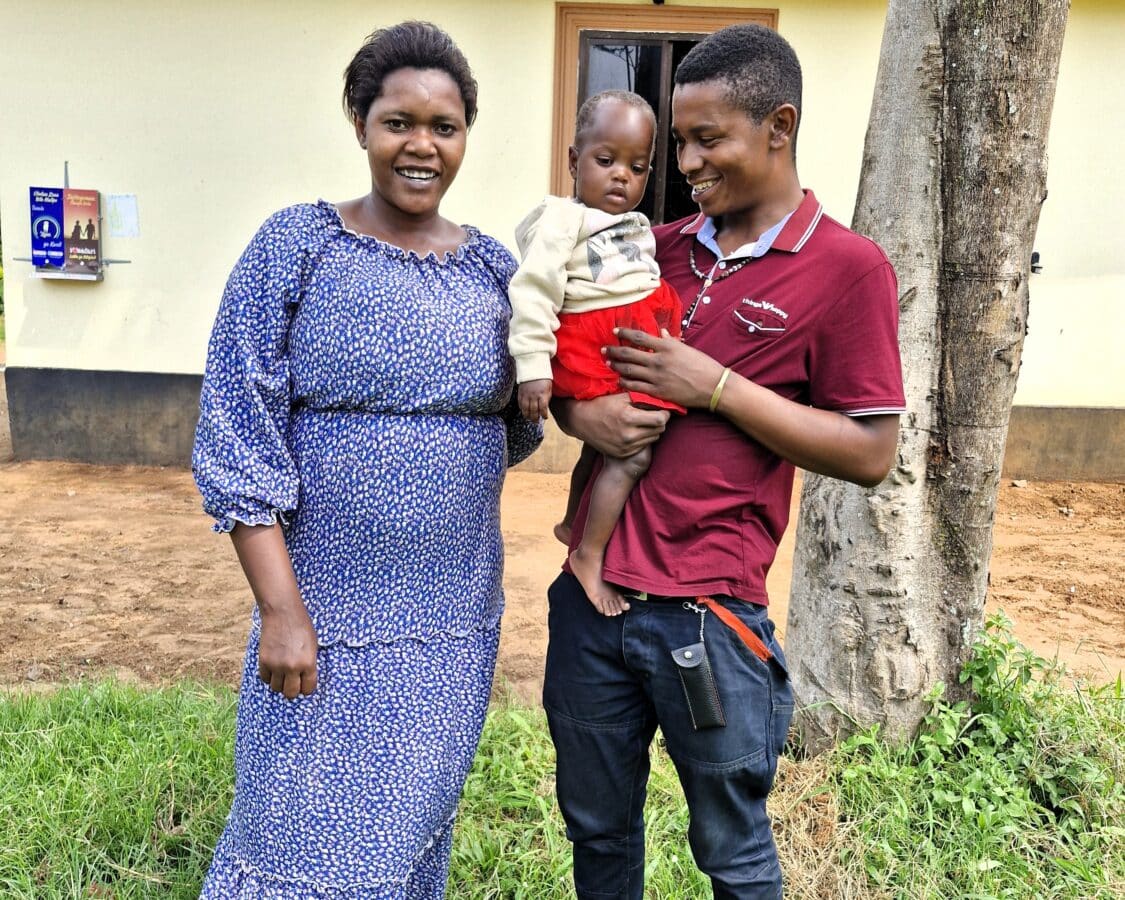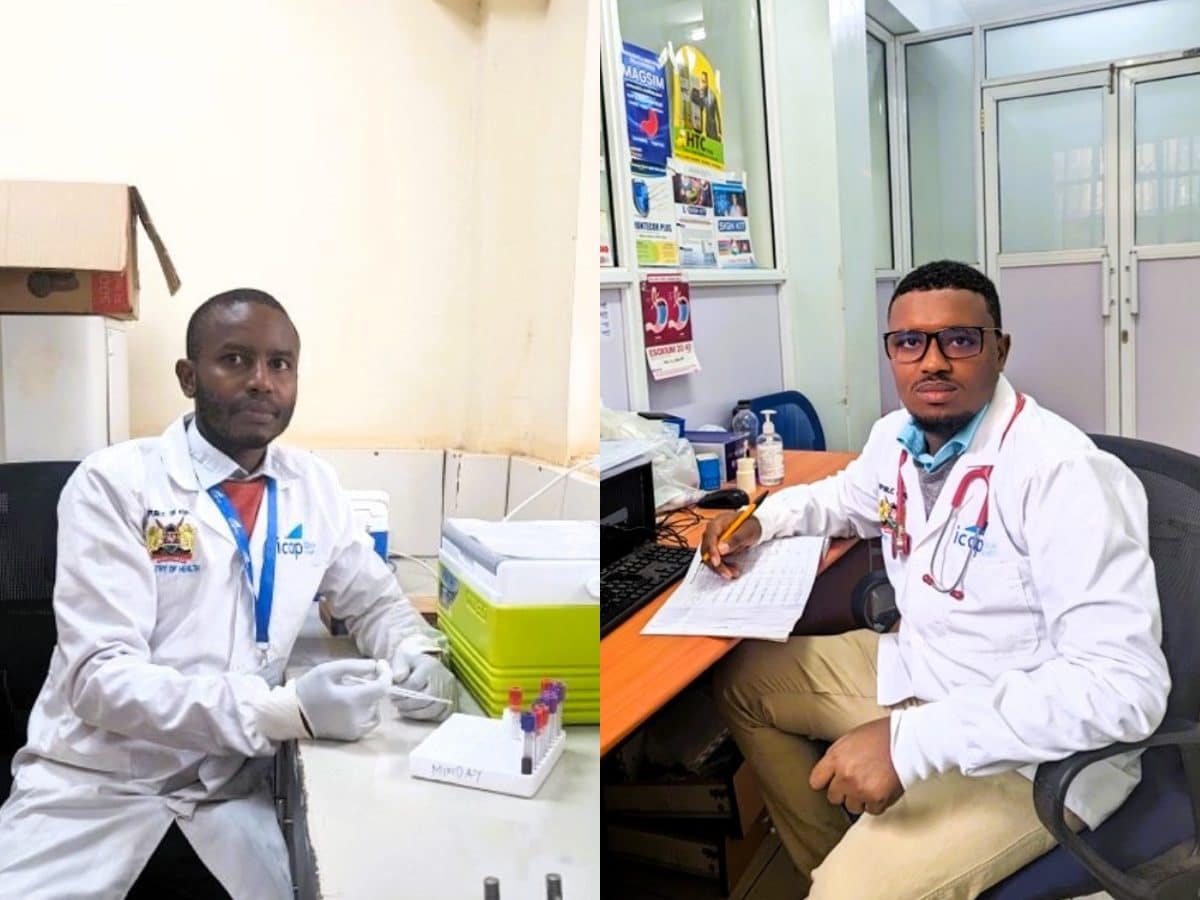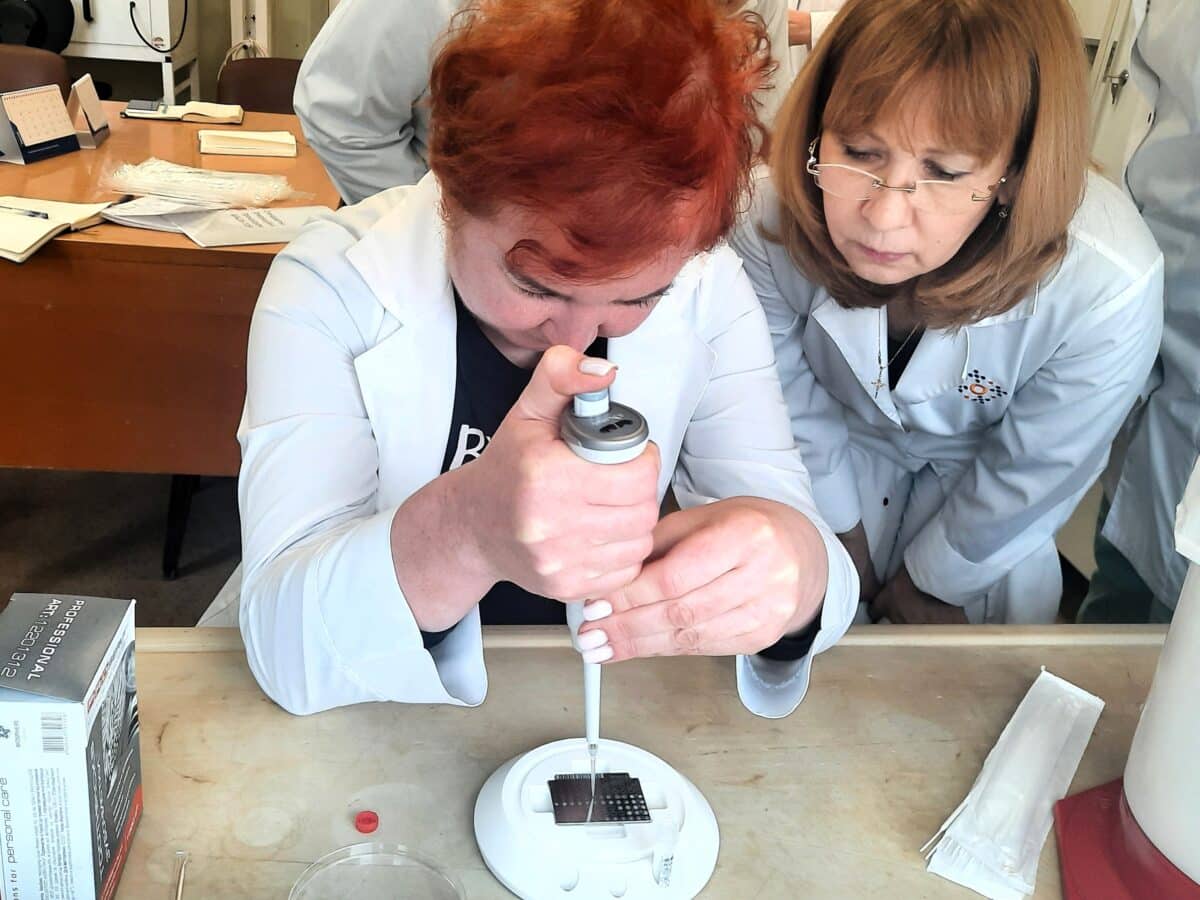In Mozambique, an estimated 18,000 infants and children became infected with HIV in 2017. Getting an early start on antiretroviral treatment (ART) can mean the difference between life and death, especially in children. But as many as half do not—simply because no one knows they have HIV.
Rapidly identifying children living with HIV is the first step to ensuring they get the treatment they need to stay healthy. To more systematically “look for” these children, ICAP is working with health facilities across Mozambique’s Nampula Province to adopt a new, easy-to-use screening tool and to strategically engage lay health workers to support the effort.
With support from the U.S. President’s Emergency Plan for AIDS Relief (PEPFAR) through the Centers for Disease Control and Prevention (CDC), ICAP began with a three-month pilot in late 2017 at 24 high-volume health facilities in Nampula. Health workers providing maternal and child health services were trained to use the new screening tool, which helps identify all children and partners of clients living with HIV so they can be encouraged to test for HIV.
The pilot was so successful that the intervention has now been expanded to 40 health facilities across Nampula Province. ICAP has also placed more than 100 trained lay counselors at strategic clinical entry points throughout the facilities, where they use the screening tool to identify and test both children and adults. More than 130 Mentor Mothers have also been placed in and around health facilities to track HIV-exposed babies and HIV-positive pregnant and breastfeeding women. The Mentor Mothers also provide health literacy and retention messages to those recently diagnosed, and encourage adherence and retention among women and children.
The outcomes have been dramatic: five times more children (2,000) have been tested through index case testing in Nampula during each of the last three quarters, compared with the number tested the previous quarter (400).
“The number of children tested using this strategy is more than double the number of adults,” remarked Marcelo Freitas, ICAP’s clinical manager in Mozambique. “This illustrates the focus and success of reaching this priority population.”
The increased testing levels have led to a surge in the number of HIV-positive children identified. Between July and September of this year, 225 HIV-positive children were identified, compared to only 35 children during the quarter leading up to the intervention.
And under Mozambique’s ART initiation guidelines, per the World Health Organization’s “Treat All” recommendation, newly diagnosed patients can be started on ART the very same day.
“In the past, weeks or days might pass without any new children being initiated on antiretroviral treatment, but now, we have at least one new child beginning treatment every day,” reported Fernando Fumo, a clinician at a Nampula City health facility that serves the second largest population of patients on ART in the province.
In the coming months, ICAP plans to expand the use of the screening tool to all 187 Nampula health facilities offering ART. In addition, as a way to streamline services for families, ICAP is working with health facilities to implement a new, differentiated service delivery approach that enables family members to access HIV care and treatment services together. The “family approach” is proving very popular—with over 5,000 members of families enrolled to date.

